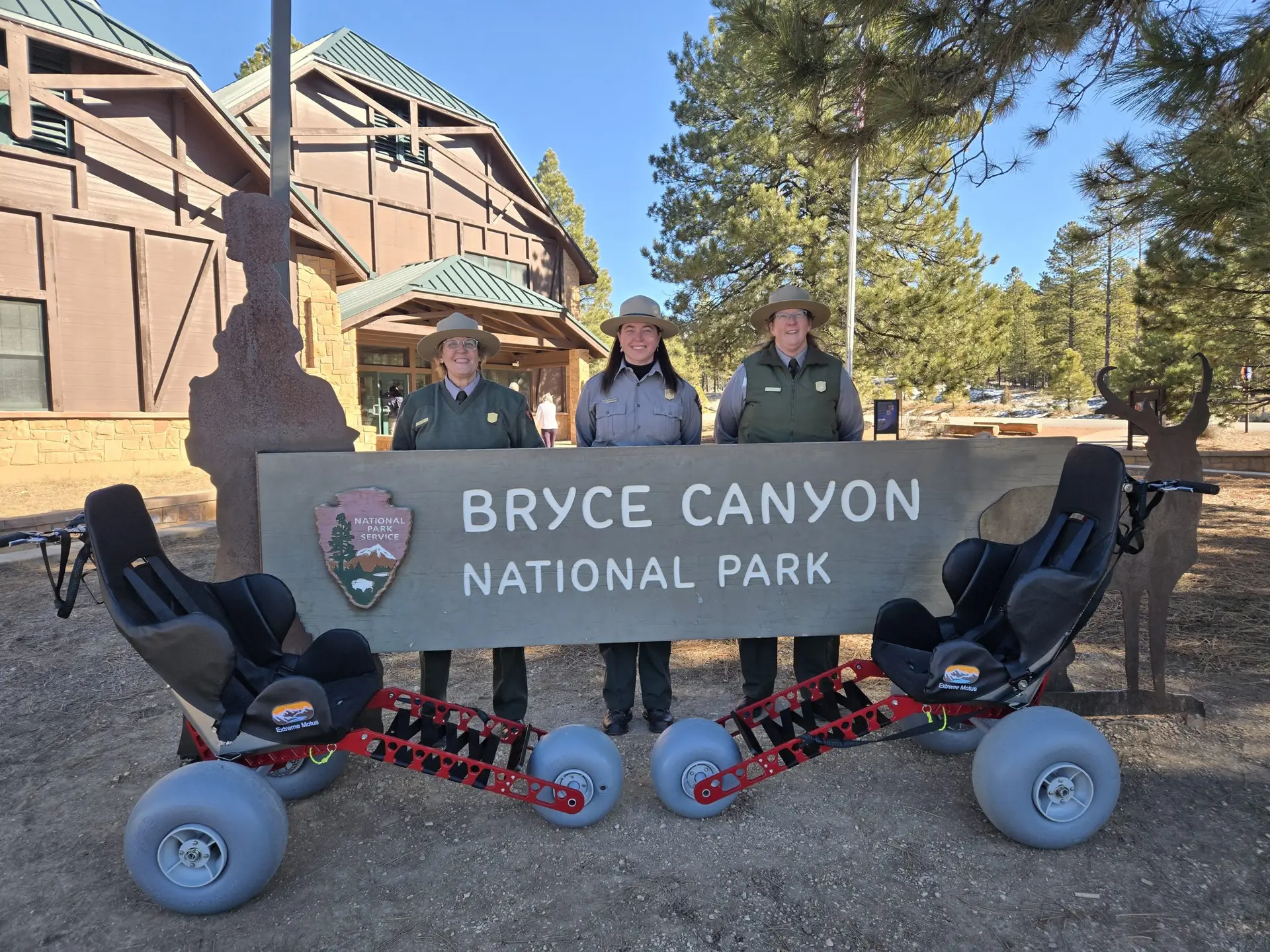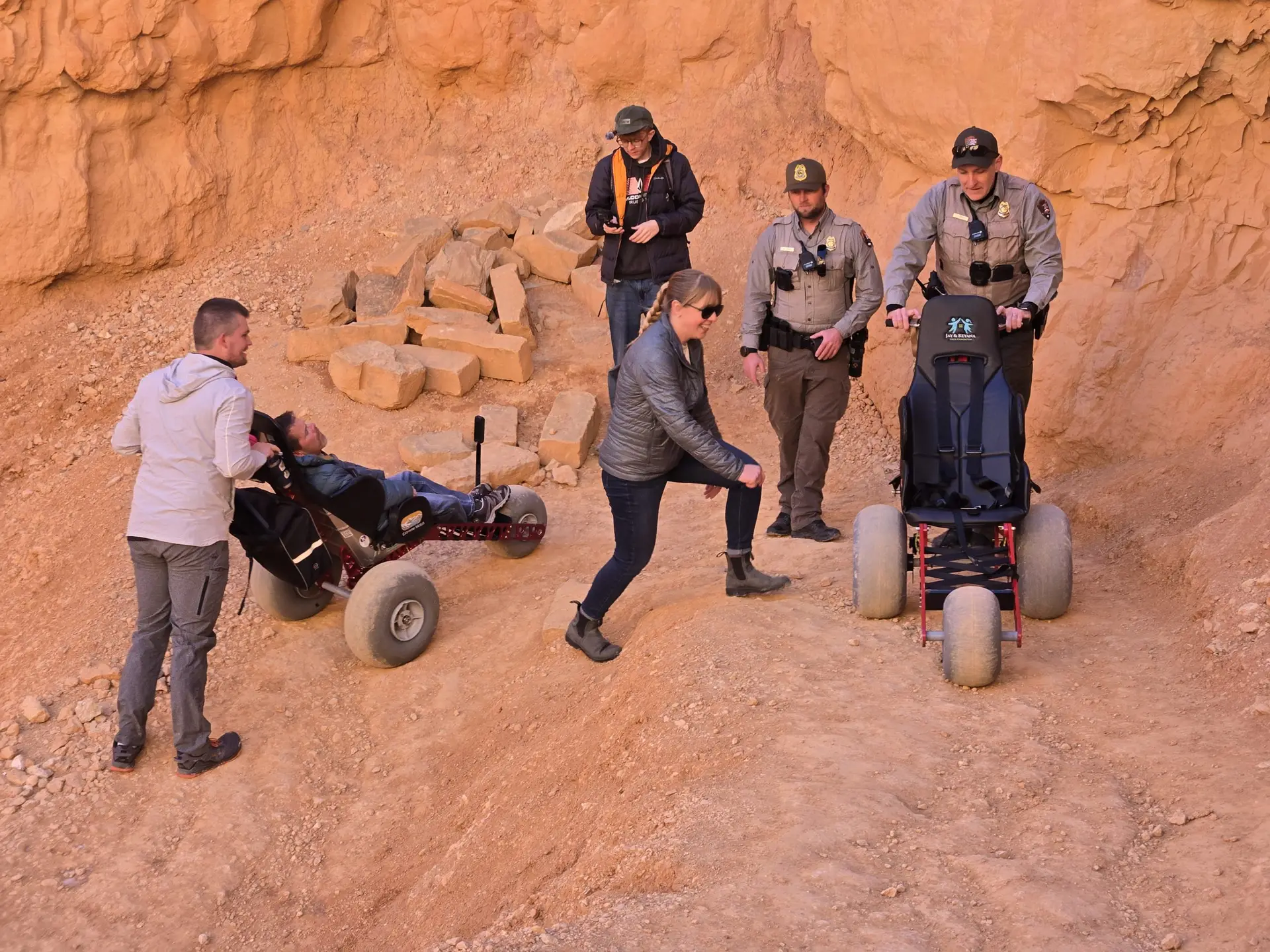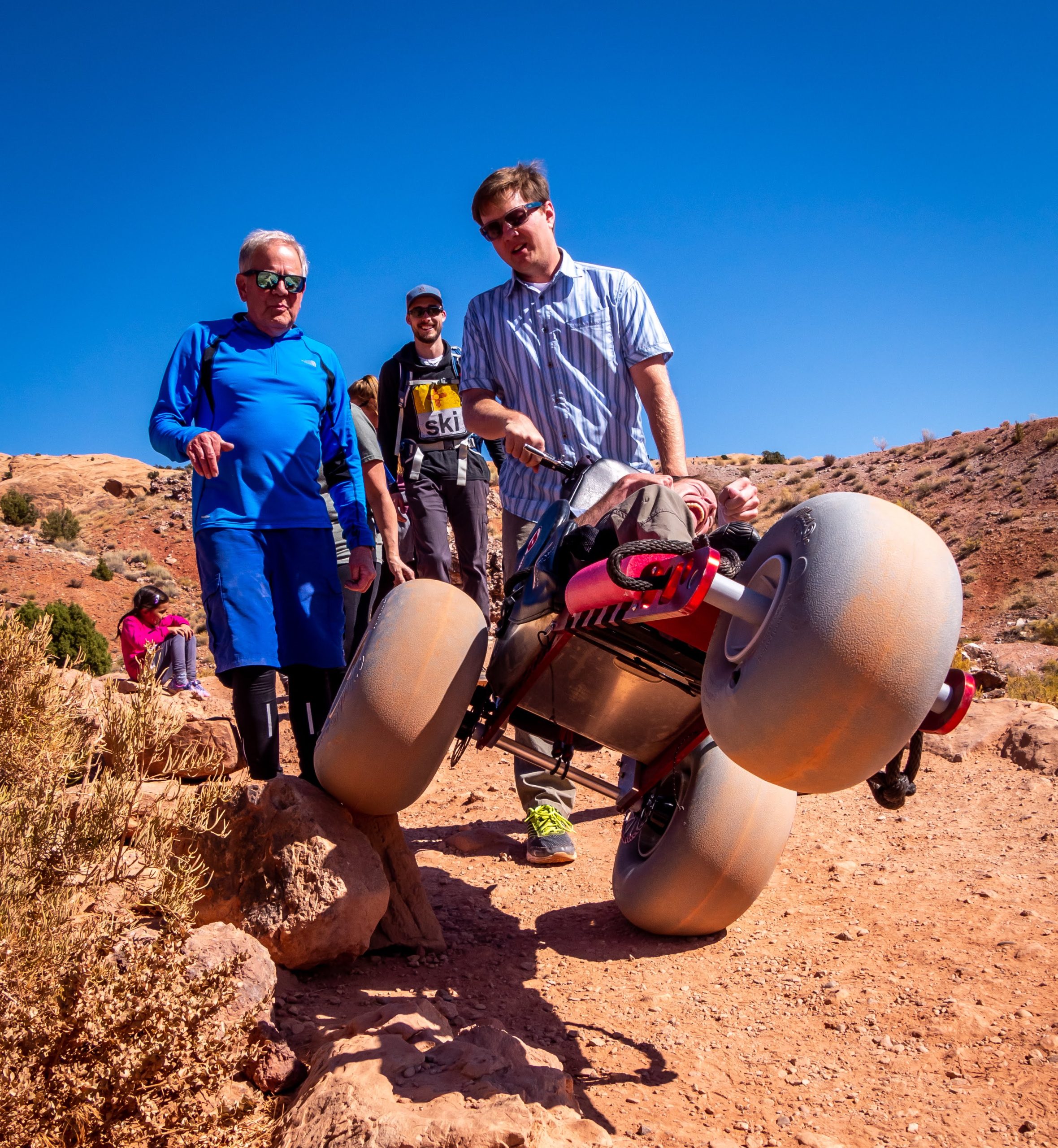7 Crucial Facts About Pott’s Disease & How to Overcome It
Pott’s Disease, or spinal tuberculosis (TB), is a severe condition that affects the spine, leading to pain, mobility loss, and even paralysis. While treatment is available, recovery can be long, and many patients face lasting mobility challenges. Here’s everything you need to know about Pott’s Disease and how an all-terrain wheelchair like the Extreme Motus can help affected individuals regain freedom and enjoy the outdoors.
1. What Causes Pott’s Disease?
Pott’s Disease is caused by Mycobacterium tuberculosis, the same bacteria responsible for lung TB. When TB spreads from the lungs to the spine, it destroys vertebrae, discs, and surrounding tissues, leading to:
- Chronic back pain
- Spinal deformities (kyphosis or hunchback)
- Nerve compression, causing weakness or paralysis
This form of tuberculosis progresses slowly, which means it may go undiagnosed until significant spinal damage has occurred.
2. How Many People Does It Affect?
Spinal TB accounts for 1-3% of all tuberculosis cases worldwide but is more common in developing countries, where TB is still prevalent.
- Over 10 million new TB cases occur annually, with many leading to spinal complications.
- Children and immunocompromised individuals (such as those with HIV) are at a higher risk.
- If untreated, Pott’s Disease can cause permanent spinal damage and disability.
3. Is There a Cure for Pott’s Disease?
Yes! Pott’s Disease is curable with early treatment. However, delayed diagnosis can lead to severe complications, including paralysis. Treatments include:
- Antibiotic therapy (lasting 6-12 months) to eliminate the infection
- Bracing to stabilize the spine and reduce pain
- Surgery in severe cases to correct deformities and relieve nerve compression
Early detection and consistent medical care are key to a successful recovery.
4. How Does Pott’s Disease Affect Families?
When a family member develops spinal TB, it can lead to:
- Financial strain due to long-term medical treatments
- Emotional distress from watching a loved one struggle with mobility loss
- Caregiving challenges, especially if the patient loses independence
Families play a crucial role in supporting recovery, ensuring proper medical care, mobility solutions, and emotional well-being.
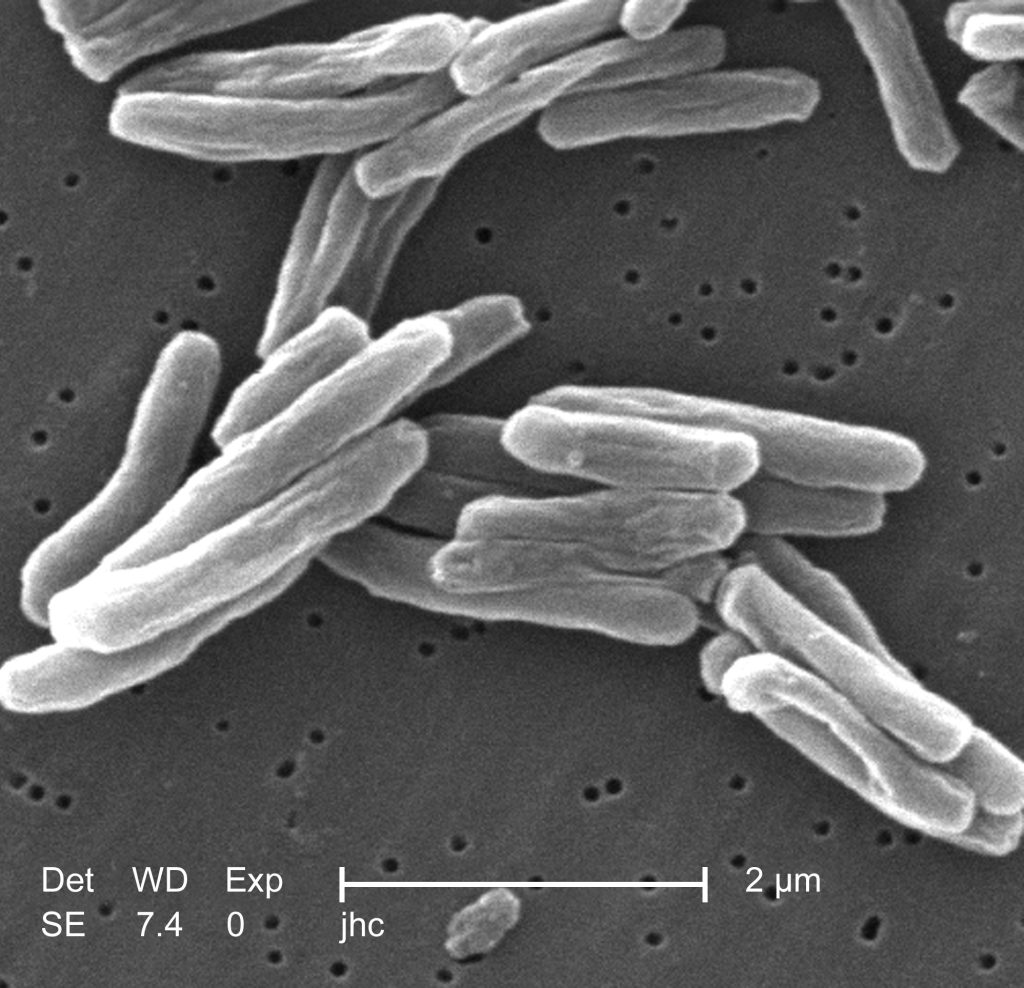
5. Can Pott’s Disease Require a Wheelchair?
Yes, if the disease progresses to spinal collapse, paralysis, or severe pain, patients may require a wheelchair for mobility.
- Some individuals recover fully and regain movement.
- Others experience long-term spinal damage, requiring assistive devices like wheelchairs, walkers, or braces for mobility support.
For those with permanent mobility impairments, having access to a reliable, all-terrain wheelchair can significantly improve quality of life.
6. Why Is Outdoor Time Important for Pott’s Disease Patients?
Spending time outside offers both physical and mental health benefits, especially for those recovering from spinal TB.
- Sunlight boosts vitamin D, which strengthens bones and the immune system.
- Fresh air reduces stress and depression, promoting emotional well-being.
- Gentle outdoor activity aids rehabilitation, keeping muscles active and preventing stiffness.
However, many traditional wheelchairs struggle on uneven terrain, limiting outdoor access for those with mobility issues.
7. How Can the Extreme Motus All-Terrain Wheelchair Help?
The Extreme Motus is an innovative all-terrain wheelchair designed for people with mobility impairments, including Pott’s Disease survivors.
Key benefits include:
✔ Large, low-pressure tires that glide over sand, snow, and rocky terrain
✔ Lightweight and foldable design for easy transport and storage
✔ Smooth, shock-absorbing ride, even on bumpy trails
✔ Freedom to explore parks, beaches, and hiking trails without limitations
For those recovering from spinal TB, the Extreme Motus provides a safe and comfortable way to enjoy nature, improving both physical rehabilitation and mental well-being.
Final Thoughts
Pott’s Disease can be life-changing, but with early treatment, mobility support, and access to the outdoors, individuals can regain independence and quality of life. Whether for rehabilitation, adventure, or simply staying active, an all-terrain wheelchair like the Extreme Motus helps ensure that those with spinal TB can continue exploring the world without limits.
Ready to experience freedom? The Extreme Motus can take you there!
Every year, more families discover the freedom these chairs create—this Black Friday, demand is already building fast. By joining the early-access list, you secure your chance to order before the sale goes public on November 28, 2025.
Since 2019, Sam and Ryan have been demonstrating that nature is wheelchair accessible with the Extreme Motus All Terrain Wheelchair. From National Parks to Skateparks, their adventures prove that a manual off-road wheelchair can offer laughter and joy while navigating diverse terrains.
Join us as we continue to share these inspiring journeys.
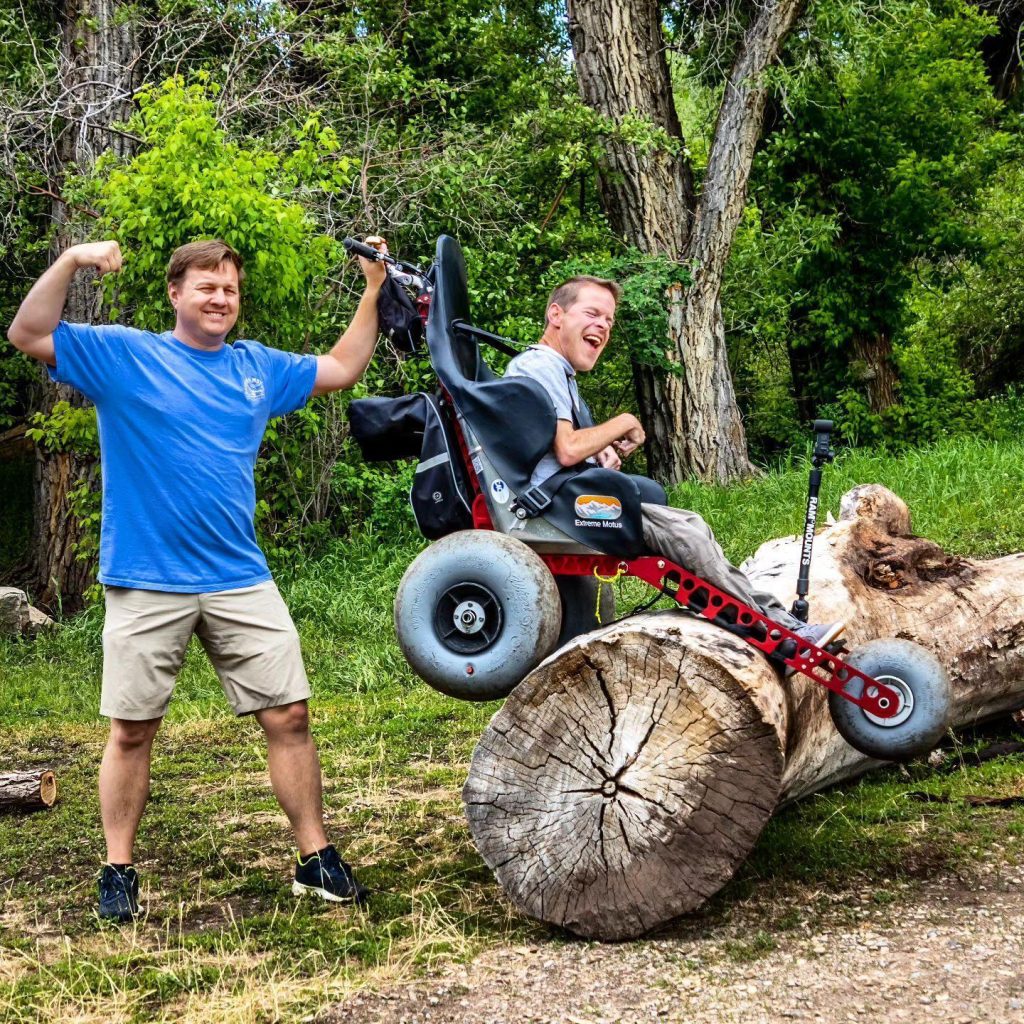
Light, comfortable, and compact, the Extreme Motus glides over sand, rocks, grass, gravel, and even floats in water.
It’s more than a outdoor wheelchair; it’s your ticket to freedom. Embrace the outdoors with confidence, knowing our off-road wheelchair is engineered for durability and ease of use.
Be the first to hear about new gear, upcoming adventures, and exclusive offers. As a welcome gift, enjoy $10 off your first Motus T-Shirt when you subscribe.
By subscribing you agree to receive marketing communications from Extreme Motus, including product updates, promotions, and special offers. I understand I can unsubscribe at any time.

